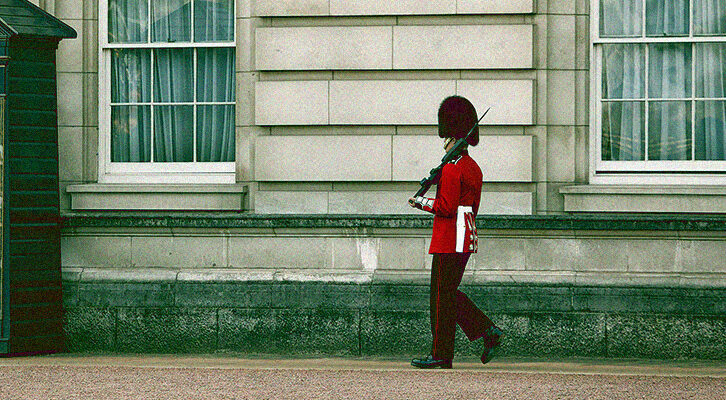Was Helen Gurley Brown the Jane Austen of Her Era?
Samantha Allen and Briallen Hopper Guest on the Lit Century Podcast
Welcome to Lit Century: 100 Years, 100 Books. Combining literary analysis with an in-depth look at historical context, hosts Sandra Newman and Catherine Nichols choose one book for each year of the 20th century, and—along with special guests—will take a deep dive into a hundred years of literature.
*
Host Catherine Nichols discusses Helen Gurley Brown’s 1962 Sex and the Single Girl with guests Briallen Hopper and Samantha Allen, both contributors to the 2022 collection Sex and the Single Woman: 24 Writers Reimagine Helen Gurley Brown’s Cult Classic.
The conversation covers Brown’s class consciousness as well as the perplexing combination of hope and drudgery involved in her advice for living a glamorous, feminine life. While Brown acknowledged before her death that her advice was only for a narrow slice of the population—she acknowledged that lesbians might exist, but she had no useful advice for them—Nichols, Hopper, and Allen discuss how her form of femininity affected their lives.
Subscribe and download the episode, wherever you get your podcasts!
From the episode:
Briallen Hopper: A huge part of it is class. So much of the motivation, in an almost Jane Austen way, is if you can learn the rules of society well enough and perform your place in it well enough, then you will be rewarded by some kind of romantic story that is also a story of class mobility. That’s her own story about herself, and that’s also what she’s offering her readers.
But then also this idea that somehow learning how not to be tacky is a thing that will give you new cultural capital or open up career possibilities for you or open up romantic possibilities for you. So it’s sort of about learning the rules so that you can shed your class background and rise. That’s a lot of what she’s offering.
Catherine Newman: That’s a really great point. And that’s part of one of the things about it that’s uneasy. Obviously she assumes that everyone she’s speaking to is white. She definitely is not willing to open up that possibility of mobility beyond cis white girls who are straight. There’s also something really dehumanizing about how she thinks about men. Women have these qualities beyond their jobs—and those qualities have to do with constant hustle—but they are people.
Briallen Hopper: Men are dupes, basically.
Catherine Newman: Men are just dupes, and they’re reduced to their jobs. Like, how good of a man is he? Well, how much money does he earn? That’s how good he is as a man.
Samantha Allen: She talks to the reader like she’s a hunter going on safari or something like that. Which, you know what place that comes from. To her it must have felt like, “Oh, we’re taking our power back, and we’re going to play the game now. We’re going to get it in the mix.” But ultimately, if you flip the dialectic, it’s still a dialectic. You’re still caught on the same board game. You’re not flipping all the pieces off the table.
***
Briallen Hopper is the author of Hard to Love: Essays and Confessions (Bloomsbury, 2019) and Gilead Reread (forthcoming from Columbia University Press). Her work has appeared in the Los Angeles Review of Books, The Paris Review, the Washington Post, The Yale Review, and elsewhere. She teaches creative nonfiction in the MFA program at Queens College, CUNY and in the Yale Prison Education Initiative.
Samantha Allen is the author of Patricia Wants to Cuddle (Zando, 2022) and the Lambda Literary Award finalist Real Queer America: LGBT Stories from Red States (Little, Brown, 2019). She is a GLAAD Award-winning journalist and editor with bylines in The New York Times, Rolling Stone, CNN, and more.
Catherine Nichols is a freelance writer whose work has appeared in many places, including Jezebel, Aeon, and Electric Literature. She lives in Brooklyn.




















